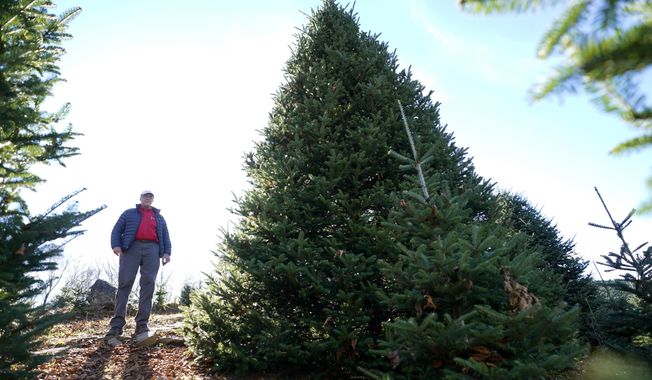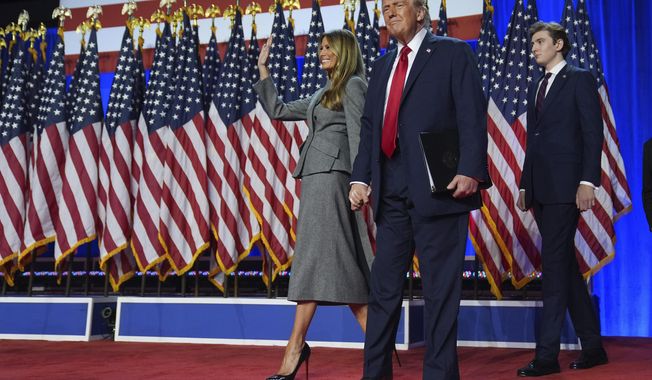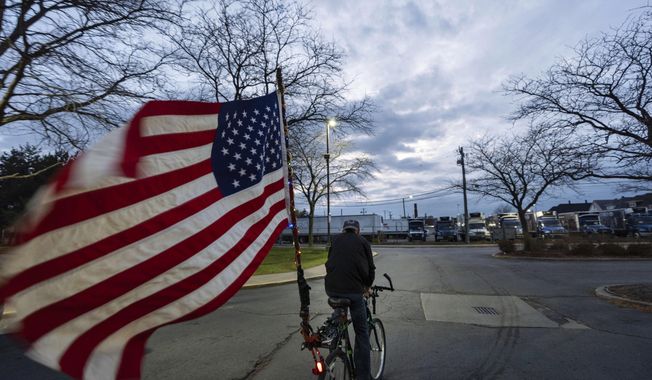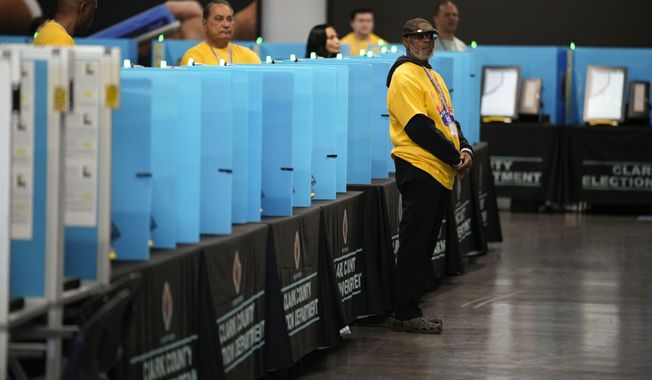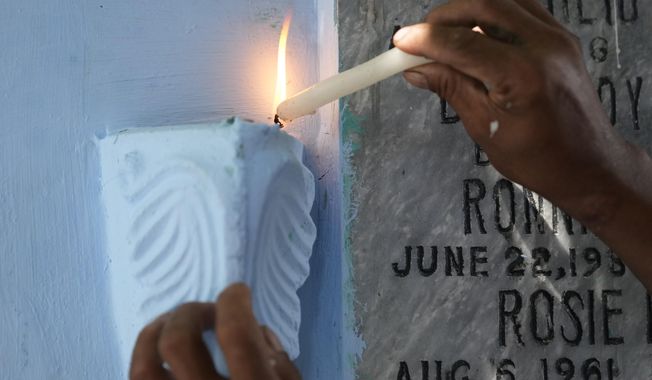
FILE - In this Wednesday, April, 29, 2015, file photo, a former comfort woman Kil Un-ock, who was forced to serve for the Japanese troops as a sexual slave during World War II, attends a rally against a visit by Japanese Prime Minster Shinzo Abe to the United States, in front of the Japanese Embassy in Seoul, South Korea. ‘Comfort women” were present wherever the Japanese Imperial Army invaded and occupied in Asia from the early 1930s through the end of World War II. That aspect of wartime history was kept quiet until the early 1990s, when a South Korean woman came forward, joined by some others, seeking Japanese help and accountability. The letters at a card read " Oppose the alliance between U.S. and Japan." (AP Photo/Ahn Young-joon, File)
Featured Photo Galleries

Trump Transition: Here are the people Trump has picked for key positions so far
President-elect Donald Trump has announced a flurry of picks for his incoming administration. Get full coverage of the Trump transition from The Washingon Times.

Trump dances onstage, takes post-election nation by storm
President-elect Trump dances onstage

